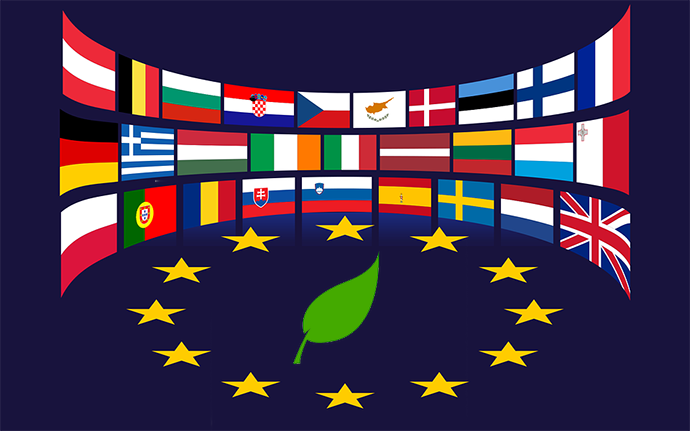Background
Energy poverty is a major challenge across the European Union. It can be defined as the inability of a household to access or afford an adequate level of energy services in the home and it has been recognized in European legislation that requires Member States to take actions. Indeed, energy poverty affects nearly 11 per cent of the European population and it is driven by a combination of three factors: low income levels, high energy prices and low levels of energy efficiency (particularly in buildings). The consequences of energy poverty concern health, social exclusion and inequality, and finally the social impact has implications in terms of economic costs. Tackling energy poverty has to do with the type of economic development and society we want to have and therefore it has to do with the funding values of the European Union that aims, among others, to promote social inclusion, protect human health and vulnerable consumers. The relevance of the issue can be appreciated also by considering the recent establishment of a European Energy Poverty Observatory supported by the European Union (www.energypoverty.eu). Therefore, we believe that the study of this issue in the framework of energy market mechanisms and policies is very relevant to promote European Union studies at the University of Florence. This proposal builds-up on the expertise cumulated in previous years in the field on energy studies related to the European Union and its partners (also financed by the Jean Monnet Module 2012-2849), and adopts this inter-disciplinary perspective to make a step forward in promoting the analysis of energy poverty, and the interlink with climate and energy security policies.



